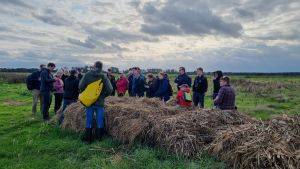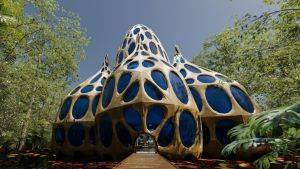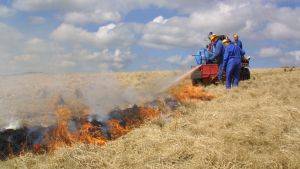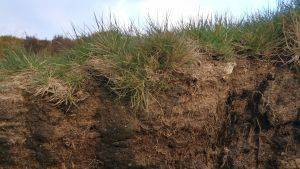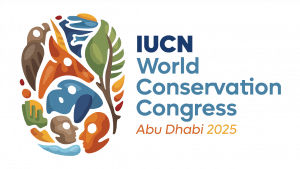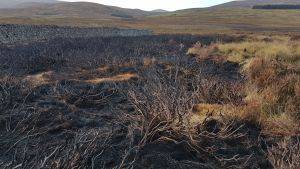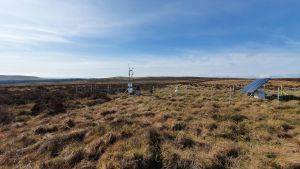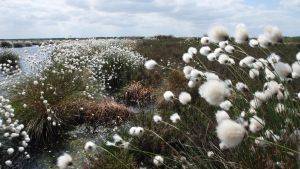Using peatland biomass for fuel at Biebrza
Description
Of the 12,548 km2 of peatland in Poland, 84% is degraded with the majority (70%) used as hay meadows and pastures. However, since 2000 Poland has increased its efforts to conserve valuable mire habitats. Integrated management schemes have been developed that combine peatland conservation with economically sound agricultural and hydrological management on near-natural peatlands. Targeted bird conservation activities, particularly for the Aquatic Warbler (Acrocephaluspaludicola), have been a major driver of the peatland conservation approach in Poland. In the early 20th century the Aquatic Warbler was widespread in temperate open wetlands from the North Sea coast to Siberia. However, due to large-scale destruction of its habitats the world population decreased severely and abandoned an important part of its former range. With a world population of only 10,200-14,200 singing males (the "counting unit" of this species), it is the only globally threatened passerine bird of continental Europe. The vast fen peatlands in Eastern Poland (mainly Biebrza National Park and Lublin region) hold 25% of the world population and are therefore of extreme importance. http://www.otop.org.pl/
Project Aims
A recent project funded by EU LIFE is working towards the restoration and sustainable management of Aquatic Warbler habitat. The project is run by OTOP BirdLife Poland, and is working in partnership with governmental, NGO and private institutions. Due to overgrowth of the peatland habitat, many areas are no longer habitable for the Aquatic Warbler. Specialist machinery has been developed to mow large areas of delicate peatland; the adapted mountain piste-bashers are colloquially called 'ratrak'. In the Lublin region of Poland, around 1,200 ha of wet fens are now regularly mown and Biebrza National Park has made approximately 10,000 ha of public land available to be managed in this way. As the biomass from the peatland mowing was too poor quality to be used for fodder, a follow-up EU LIFE project examined three other ways that it could be utilised; biogas production, composting and bulk fuel. A feasibility study showed that, both technically and economically, the best solution was the use of the biomass as a fuel. In February 2013, a facility was set up in Trzcianne to turn the biomass into briquettes/pellets with an annual target of c. 4,500 tonnes of dry biomass.
Restoration Delivered
Analysis has shown that re-introducing mowing to halt succession of this habitat had a positive effect on the Aquatic Warbler populations in Bierza and the Lublin region, and has resulted in positive results for breeding productivity. These findings show that Aquatic Warblers benefit from habitat management as long as it remains consistent and is regularly adjusted to succession rate. However, early botanical results have highlighted some unwanted effects of the new mowing machinery on fen microtopography and, as a result, on plant diversity. The future management of near-natural fens in Eastern Poland depends primarily on the decisions made by the administration of protected areas (especially National Parks) and further research is needed to inform the spatial planning for mowing, especially in Biebrza National Park. Another factor in the on-going success of this peatland conservation project will be the impact of the agro-environmental scheme (AES) packages for the next funding period (2014-2020). If proper payments and well-tailored, flexible bird protection packages are made available, farmers will remain interested in managing their land for conservation purposes.
Project Name: Using peatland biomass for fuel at Biebrza
Organisation / Lead partner: OTOP birdlife Poland,
Predominately: Upland

